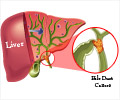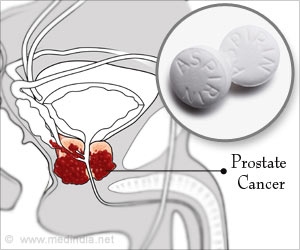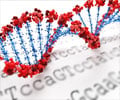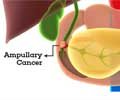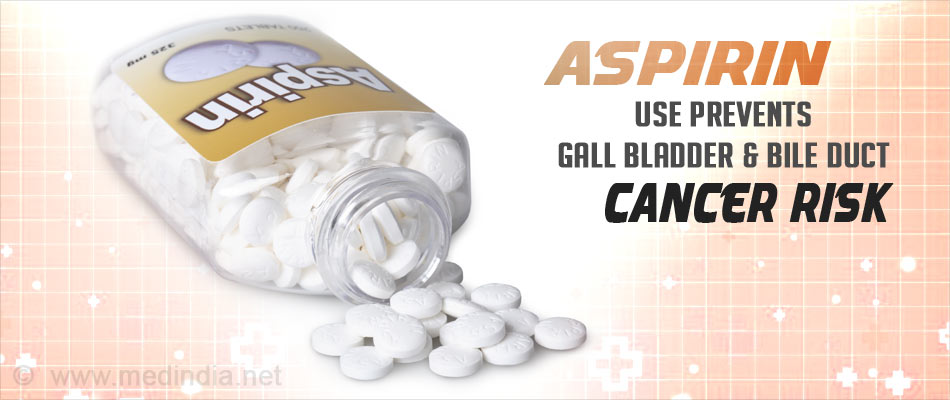
- Aspirin use could prevent bile duct cancer and gallbladder cancer
- Prolonged inflammation of the bile duct due to gallbladder stones and cholecystitis (inflammation of gallbladder) leads to carcinogenesis
- Aspirin has been found to reduce this inflammation
- Rate of survival is 6 months
- Only 5% chance of survival up to 5 years
- Gallbladder cancer is often detected when patients undertake surgery for cholelithiasis. This helps in early detection and treatment
- There are no clear markers for gallbladder cancers yet
- Gallstones increase the risk of developing gallbladder cancer
The results of the study showed that:
- The use of aspirin showed a 63% decrease in gallbladder cancer.
- There was a 77% reduction in risk for gall bladder cancer among participants who currently used aspirin.
- Bile duct cancer and ampullary cancer risk were also lowered with the use of aspirin, however, the number of patients with these types of cancers was low.
- There was no correlation between the use of aspirin and bile stones.
Aspirin aids in preventing gallbladder cancer by controlling inflammation. Evidence for this is obtained from the fact that gallbladder cancer cells exhibit cyclooxygenase 2(COX-2), which is a marker for inflammation while normal cells do not. Nonsteroidal anti-inflammatory drugs (NSAIDs)are known to inhibit COX-2 enzymes, which is the mode of action of aspirin.
Another study published in the journal Hepatology correlates the risk of aspirin use and bile duct cancer. Bile duct cancer is a rare form of cancer and its symptoms include yellowing of the eyes and skin, itchiness and white stools. This study by Lewis Roberts and colleagues showed that people who took aspirin had 3.5 times lower risk of developing bile duct cancer.
Though prolonged use of aspirin has shown a reduction in gallbladder cancer and bile duct cancer risk, it cannot be used as a preventive medication for these cancers right away as further research is required to support these studies. However, the results from these studies are promising and people who consume aspirin for cardiovascular health may have additional benefits due to aspirin use.
References:
- Enju Liu, Lori C. Sakoda, Yu-Tang Gao, Asif Rashid, Ming-Chang Shen, Bing-Sheng Wang, Jie Deng, Tian-Quan Han, Bai-He Zhang, Joseph F. Fraumeni & Ann W. Hsing; "Aspirin Use and Risk of Biliary Tract Cancer: A Population-Based Study in Shanghai, China"; Cancer Epidemiology, Biomarkers & Prevention 2016.
http://cebp.aacrjournals.org/content/14/5/1315.full - Gallbladder Cancer Epidemiology and Outcome
http://www.ncbi.nlm.nih.gov/pmc/articles/PMC3952897/ - Gallbladder Cancer Statistics
http://www.cancer.org/cancer/gallbladdercancer/detailedguide/gallbladder-key-statistics - http://www.cdc.gov/cancer/dcpc/research/articles/gallbladder.htm


